Discover the hidden power of heirloom vegetable seeds and unlock a world of rich flavors, cultural heritage, and sustainable gardening. Unlike hybrid varieties, heirloom seeds offer a unique connection to history, preserving traditional traits that have been passed down through generations. These timeless seeds are not just about survival but represent a commitment to flavor, biodiversity, and the art of growing food naturally. From the best heirloom vegetable seeds to trusted seed catalogs, learn why heirloom garden seeds are becoming a favorite choice for gardeners seeking authenticity and quality. Whether you’re exploring heirloom seed companies or looking to add heirloom vegetables to your kitchen, this guide will help you navigate the fascinating world of heirloom seeds and how they can transform your gardening experience. Join us as we delve into the secrets of heirloom seeds, their benefits, and where to find the best options available, ensuring a bountiful harvest filled with character and tradition.
Key Takeaways
– Heirloom seeds deliver unmatched flavor and nutrition, offering richer, more complex tastes and higher nutrient density than hybrid varieties.
– Preserving tradition is a cornerstone of heirloom seeds, as they carry centuries of cultural and historical lineage.
– While heirloom seeds may require more care, they reward gardeners with unparalleled flavor and a connection to heritage.
– Hybrid seeds prioritize convenience and consistency but often fall short in flavor and nutritional depth.
– Choosing heirloom seeds means trading ease for unique traits, making them a valuable addition for those seeking authentic, traditional flavors.
What is So Special About Heirloom Seeds?
Heirloom seeds are a unique category of seeds that have been preserved and passed down through generations without the use of hybridization. Unlike the hybrid seeds commonly found in grocery stores, heirloom seeds remain true to their original lineage, carrying the same genetic makeup as seeds from decades or even centuries ago.
Why Are Heirloom Seeds Special?
- True to Type : Heirloom seeds are known for their stability and consistency. Once grown, they will reliably produce plants that resemble their ancestors, ensuring a predictable harvest.
- Genetic Diversity : Modern hybridization has reduced genetic diversity in many crops, making them more susceptible to pests and diseases. Heirloom seeds, however, retain a broader range of genetic traits, which can be crucial for adaptability in changing environments.
- Biodiversity Contribution : By preserving heirloom seeds, we help protect biodiversity. Each variety represents a unique genetic profile, contributing to the overall resilience of plant species.
- Sustainability Focus : Heirloom seeds are often grown using organic methods, as they are naturally resistant to pests and require fewer synthetic inputs. This makes them a valuable component of sustainable agriculture.
- Flavor and Nutrition : Many heirloom varieties exhibit unique flavors and nutrient profiles compared to their hybrid counterparts. For example, heirloom tomatoes come in a wide array of colors, flavors, and nutritional contents.
The Role of Heirloom Seeds in Preservation
Heirloom seeds play a critical role in preserving agricultural heritage. They are often maintained by small-scale farmers, gardeners, and seed-saving organizations who recognize the importance of protecting these genetic treasures. Organizations like Old Seed work tirelessly to catalog and distribute heirloom varieties, ensuring they remain available for future generations.
Benefits for Gardeners
For gardeners, heirloom seeds offer a fascinating opportunity to connect with nature and history. Growing these seeds allows you to recreate gardens reminiscent of past eras, while enjoying the unique characteristics of each variety.
Conclusion
Heirloom seeds are more than just plants—they are a living connection to our agricultural past. Their ability to maintain genetic integrity, contribute to biodiversity, and support sustainable practices makes them a valuable asset in today’s world. By choosing to grow heirloom seeds, you become a steward of tradition and a participant in the ongoing story of agriculture.
What is the difference between heirloom and regular seeds?
- Sustainable Gardening Techniques
- Seed Preservation Methods
- Our Heirloom Seed Collection
What Does Heirloom Mean for Vegetables?
An heirloom vegetable refers to a plant variety that has been passed down through generations, often dating back several centuries. These plants are typically open-pollinated, meaning they can reproduce naturally without human intervention, contributing to genetic diversity.
Heirlooms are cherished for their unique characteristics, rich flavors, and historical significance. Unlike hybrid varieties, which are bred for specific traits like disease resistance or yield, heirlooms emphasize taste and culinary value. They are often smaller in size and may have irregular shapes, reflecting their traditional origins.
Preserving heirloom varieties is important for biodiversity and sustainability. Many heirlooms are suited for organic gardening, as they are naturally resistant to pests and diseases. Supporting heirloom cultivation helps maintain diverse crop genetics, which is vital for adaptability to changing environmental conditions.
To learn more about growing heirlooms, visit Old Seed’s guide on heirloom gardening . This resource provides valuable insights into sustainable practices and traditional methods for cultivating these historic vegetable varieties.
Hybrid vs. Heirloom Seeds
When deciding between hybrid and heirloom seeds, it’s essential to consider various factors to determine which might be better suited for your needs.
- Hybrid Seeds:
- Pros:
- High Yield: Hybrids are typically bred for maximum productivity, making them ideal for large-scale farming or home gardens aiming for consistent results.
- Disease Resistance: These seeds are often bred to resist common diseases, reducing the risk of crop failure.
- Uniformity: Hybrids tend to have uniform growth patterns, leading to harvests that ripen simultaneously.
- Cons:
- Lack of Flavor: Many report that hybrid seeds produce less flavorful crops compared to heirlooms.
- Reduced Diversity: Hybrids may have fewer genetic variations, limiting adaptability to different environments.
- Heirloom Seeds:
- Pros:
- Unique Flavors: Heirlooms often offer more complex and nuanced flavors, making them a favorite among foodies and home cooks.
- Nutritional Benefits: Some studies suggest heirloom varieties may retain more nutrients due to their diverse genetic makeup.
- Historical Significance: These seeds carry historical and cultural value, preserving heritage and traditional gardening practices.
- Cons:
- Challenges in Growing: Heirlooms may require more attention, including specific soil conditions, watering, and protection from pests and diseases.
- Lower Yields: Compared to hybrids, heirlooms might produce smaller harvests, though this varies depending on the variety and growing conditions.
Ultimately, the choice between hybrid and heirloom seeds depends on your priorities. If you’re focused on maximizing yield and ease of cultivation, hybrids are a solid choice. However, if you value exceptional flavor and are willing to put in the extra effort to grow them, heirloom seeds might be the better option for you.
Are Big Boy Tomatoes Heirloom or Hybrid?
Big Boy tomatoes are hybrid tomatoes, not heirloom. Heirloom tomatoes are open-pollinated varieties that have been passed down through generations, often by gardeners, while hybrid tomatoes are the result of controlled crosses between two distinct parent species.
- Heirloom: Open-pollinated, often with a rich history and unique traits.
- Hybrid: Created through deliberate breeding programs for specific traits like size, color, and disease resistance.
Big Boy tomatoes are a popular hybrid variety known for their large, beefy fruits and high yield. While sometimes referred to as heirloom due to their popularity and long-standing presence in gardens, they are distinctly hybrid. Their consistent growth and resilience make them a favorite among home gardeners.
Note: While “Big Boy” is often mistaken for heirloom, it remains a hybrid tomato, emphasizing its hybrid nature and benefits.
Disadvantages of Hybrid Seeds
While hybrid seeds offer numerous benefits, they also come with several potential drawbacks:
- Reduced Genetic Diversity: Hybrid seeds often have less genetic diversity compared to heirloom or open-pollinated varieties. This reduced diversity can make plants more susceptible to pests, diseases, and environmental stressors.
- Limited Adaptability: Hybrids are typically bred for specific traits, which can make them less adaptable to various growing conditions. Over-reliance on hybrid seeds may lead to weakened plant resilience.
- Potential Yield Declines: While hybrid seeds may yield more in ideal conditions, they can sometimes result in lower yields under stressful situations like drought or disease pressure.
- Dependence on Agribusiness: Hybrid seeds are often developed and distributed by large corporations, which can limit farmer autonomy and increase costs. This reliance can make it harder for small-scale growers to access diverse seed options.
- Environmental Impact: Hybrid seeds may require more synthetic fertilizers and pesticides due to their uniformity, contributing to environmental degradation and chemical runoff concerns.
- Gene Pool Limitation: Hybridization reduces the gene pool, limiting the potential for future breeding and variety development. This can stifle innovation in seed types and adaptability.
- Climate-Specific Limitations: Hybrid seeds may excel in specific regions but can struggle elsewhere, necessitating more localized and diverse seed solutions.
When selecting seeds, it’s important to weigh these disadvantages against the advantages to determine the best fit for your gardening needs and goals.

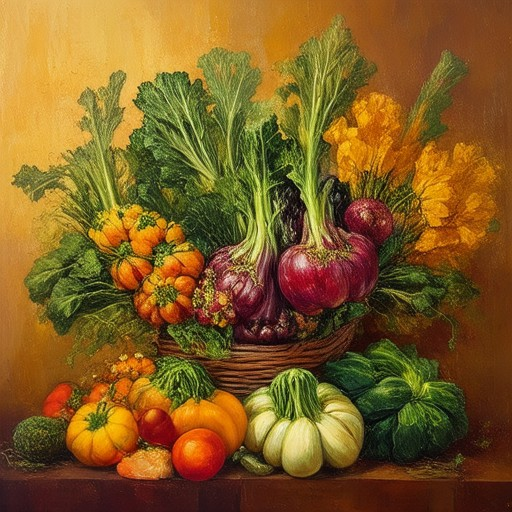
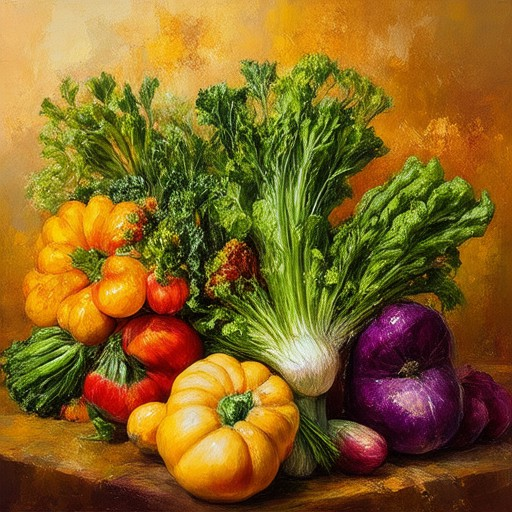
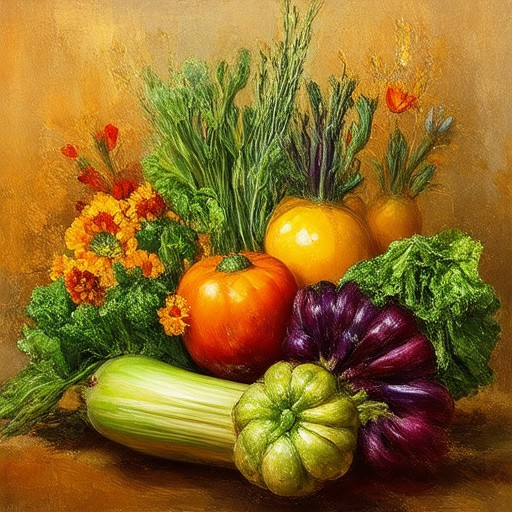
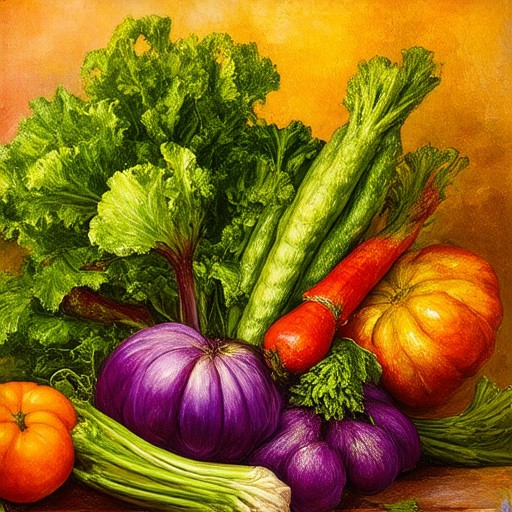
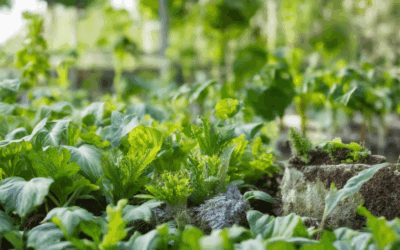
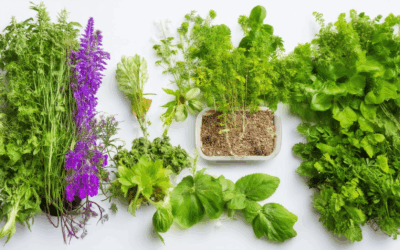
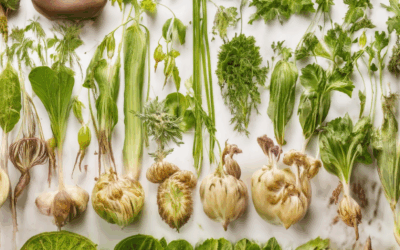
0 Comments